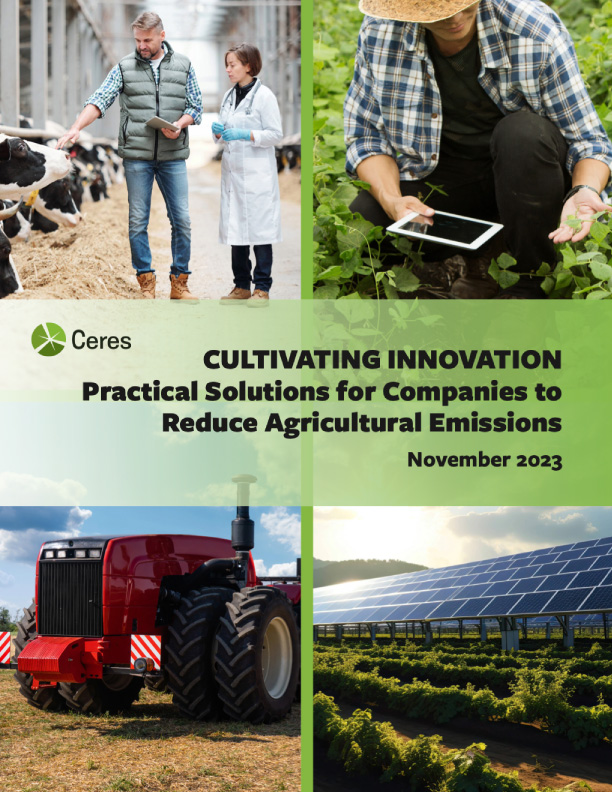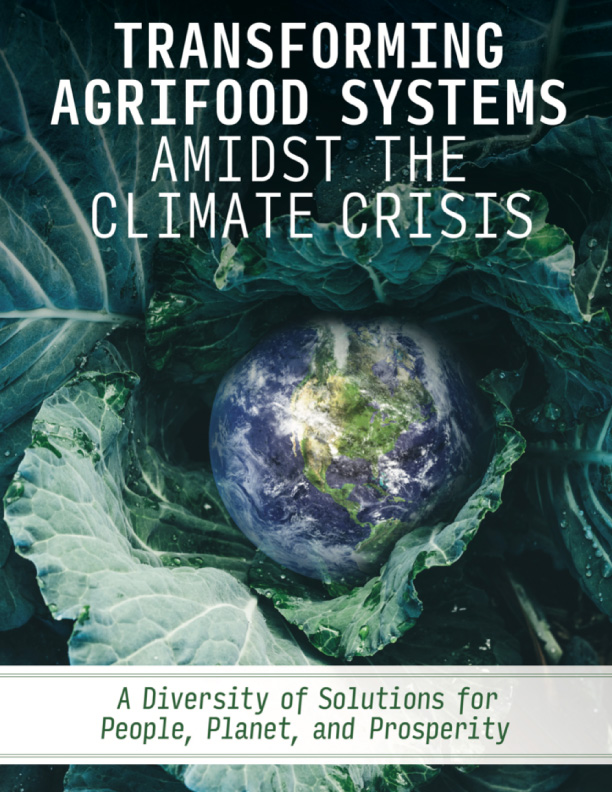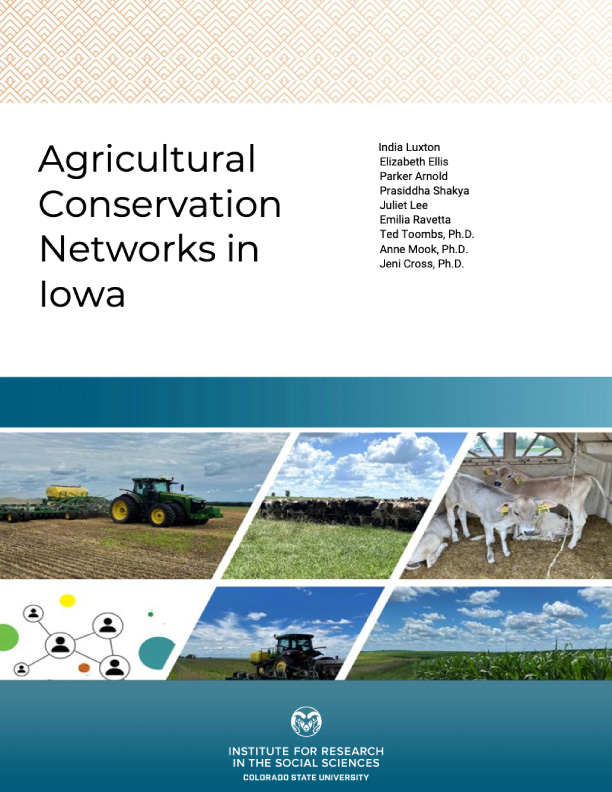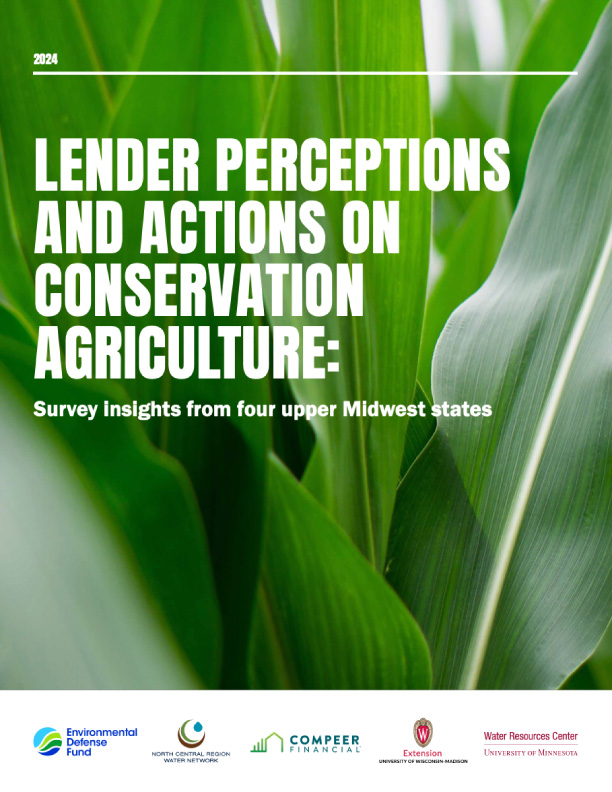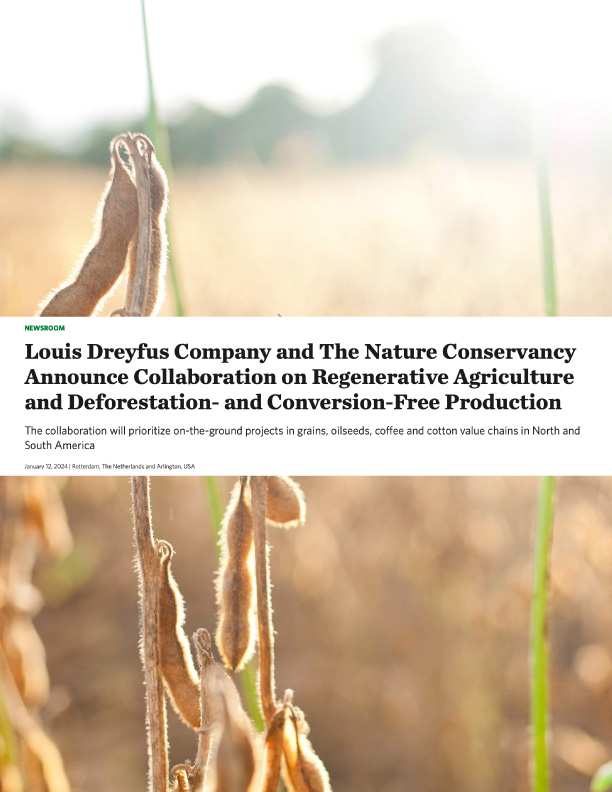Climate-induced challenges, such as droughts and heatwaves, are amplifying the risks and costs associated with farming. To effectively address climate change, it’s imperative to not only drastically reduce fossil fuel emissions but also remove greenhouse gases (GHGs) already present in the atmosphere. With agriculture alone contributing to 10% of annual U.S. GHG emissions (Source: EPA 2023 Report), farmers and the food industry find themselves in a vulnerable yet pivotal position to instigate change. The United States faces a daunting task of halving national emissions by 2030, a feat impossible without net emissions reductions from crop and livestock production and increased carbon storage in forests (Source: EPA 2023 Report). With just nine harvests left until the deadline, urgent and decisive action is imperative to meet this ambitious target. This urgency underscores the critical need for regenerative agriculture, which can offer transformative changes in agricultural systems to ensure both food security and economic prosperity. At the heart of this transformation lies the collaborative efforts of stakeholders, collectively striving to drive impactful change on a significant scale.
This article delves into five recent resources and partnerships from USN4C Coalition Members, with a focus on expediting regenerative agriculture practices within the food industry. It offers invaluable insights and strategies for navigating the complexities of regenerative agriculture, ultimately steering us toward a resilient and flourishing future.

Ceres‘s report: Cultivating Innovation: Practical Solutions for Companies to Reduce Agricultural Emissions
“To support one of the highest emitting sectors in accelerating its decarbonization transition, Ceres released a new report identifying critical ways food companies can drive agricultural innovation – both within their supply chains and sector wide – to meet ambitious climate targets outlined in their transition plans,” Ceres explains in their press release. Several Natural Climate Solutions strategies that are being advocated by other U.S. Nature4Climate members are mentioned as solutions in the report, including Kernza and perennial rice (The Land Institute), and agrivoltaics (American Farmland Trust), as well as numerous methane reduction proposals.
Read more >
Related reading:
Ceres’ Food Emissions 50 Company Benchmark, revealing that the North American food sector, responsible for a significant portion of global greenhouse gas emissions, is gradually aligning with a net-zero emissions economy.

Environmental Defense Fund‘s report: Transforming Agrifood Systems Amidst the Climate Crisis. The report argues that the transformation of agrifood systems is necessary to ensure nutrition and health, and mitigate and adapt to climate change. Some of its key takeaways include:
- Science-based, real-time impact measurement and management tools are vital to understand, navigate, and make informed decisions around the complex trade-offs that exist for People, Planet, and Prosperity.
- To accelerate agrifood systems transformation, we need to diversify public and private financing mechanisms and build the investment case for commercially-viable solutions. Public, private, and philanthropic capital need to work together to make investments across the value chain that also benefit producers (farmers and fishers), consumers, and downstream communities, as well as the environment—looking beyond the traditional bottom line.

Environmental Defense Fund‘s article: How Food Companies Can Harness the Power of Social Networks for Scope 3 Reductions
The article highlights a new Colorado State University study funded by EDF, Agricultural Conservation Networks in Iowa, focusing on the power that farmers’ social networks can play in helping to address the increased pressure the food sector is facing to reduce Scope 3 emissions, where the majority of its emissions lie. The research underscores the pivotal role of social networks in shaping farmers’ adoption of climate-smart practices, crucial for reducing greenhouse gas emissions and building resilience to climate change shocks. Key findings emphasize the importance of diverse social networks, including connections with agricultural professionals like extension agents, in driving adoption rates of conservation practices among farmers. Surprisingly, the study found that farmers less connected to their peers are more prone to adopting these practices, suggesting exposure to varied perspectives challenges the status quo. To promote adoption, companies can engage with farmers’ social networks through initiatives like field days, conservation communities, and enhanced online offerings. While financial incentives are crucial, leveraging the transformative power of social networks can accelerate the uptake of climate-smart practices, contributing to farmland resilience, emissions reductions, and a regenerative food future.

Environmental Defense Fund‘s article: Lenders Want To Support Farmers’ Conservation Efforts. Here’s How Their Executives Can Help
Discover how agricultural finance institutions in the upper Midwest are navigating challenges and supporting farmers’ conservation efforts through insights gleaned from a recent survey of 179 loan officers. Despite recognizing the importance and environmental benefits of agricultural conservation, many officers face hurdles in aiding farmers’ conservation investments due to knowledge gaps and lack of resources. The article delves into actionable strategies for executives to bridge these gaps, emphasizing the need for educational initiatives, data analysis, and integrated sustainability strategies. Gain valuable insights from the EDF+ Business article and the full report, “Lender Perceptions and Actions on Conservation Agriculture,” including key findings such as the personal significance of conservation to loan officers, their perceived knowledge gaps, and trusted sources of information. Don’t miss this opportunity to explore how empowering loan officers can drive conservation success and mitigate climate-related risks in agriculture.

The Nature Conservancy and the Louis Dreyfus Company global partnership to advance regenerative agricultural practices and conservation efforts within key agricultural supply chains, aiming to address climate change, enhance biodiversity, and preserve ecosystems.
Targeting the significant greenhouse gas emissions and habitat loss associated with the agrifood system, the collaboration will initially focus on grains, oilseeds, coffee, and cotton, prioritizing regenerative agriculture and the elimination of deforestation and habitat conversion. Louis Dreyfus Company’s existing commitment to eradicate deforestation by 2025 will be bolstered by this collaboration, which seeks to leverage their position in the value chain to promote regenerative practices, reduce emissions, and foster climate resilience among farming communities. With a dual focus on regenerative agriculture and deforestation-free production, the partnership aims to impact at least 3 million acres by 2030, involving around 30,000 farmers and establishing incentive mechanisms for sustainable practices, underscoring its significance in addressing global food system challenges and environmental sustainability.
See Other Agricultural Natural Climate Solutions in Action

Explore the carbon-storing potential of agroforestry – integrating trees into agricultural lands and read about the expansion of agroforestry in the Midwest.
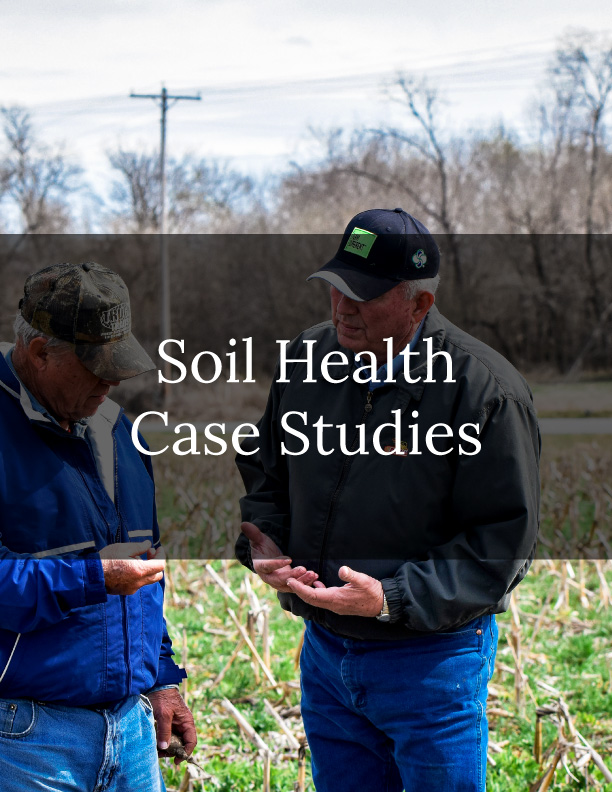
Learn about the economic benefits of soil health in American Farmland Trust’ Soil Health Case Studies.

